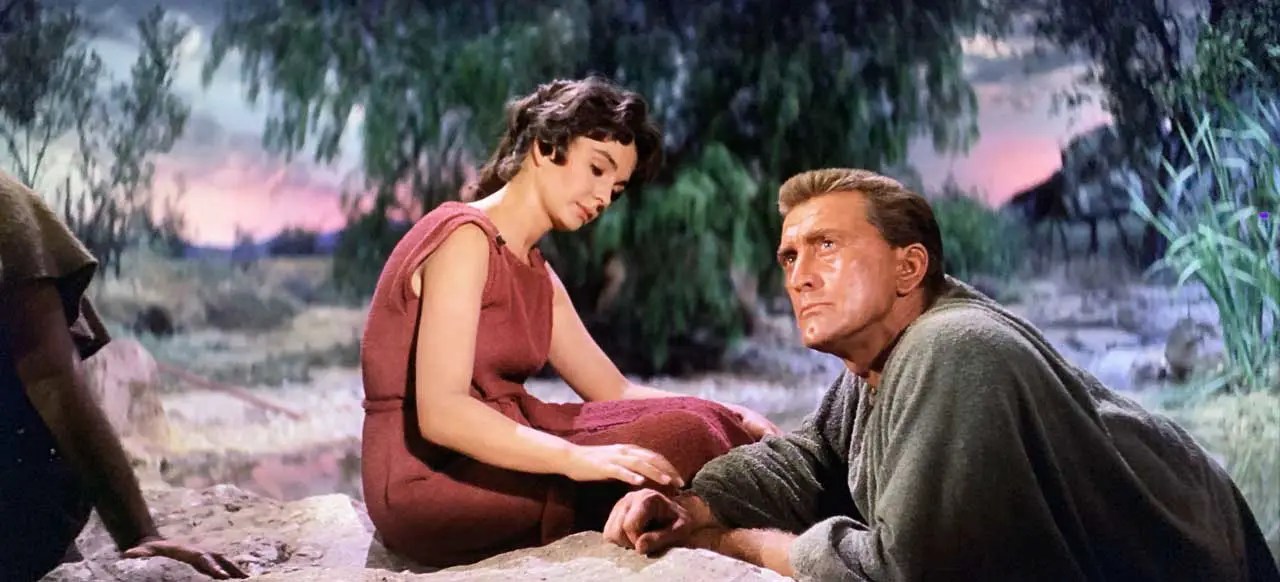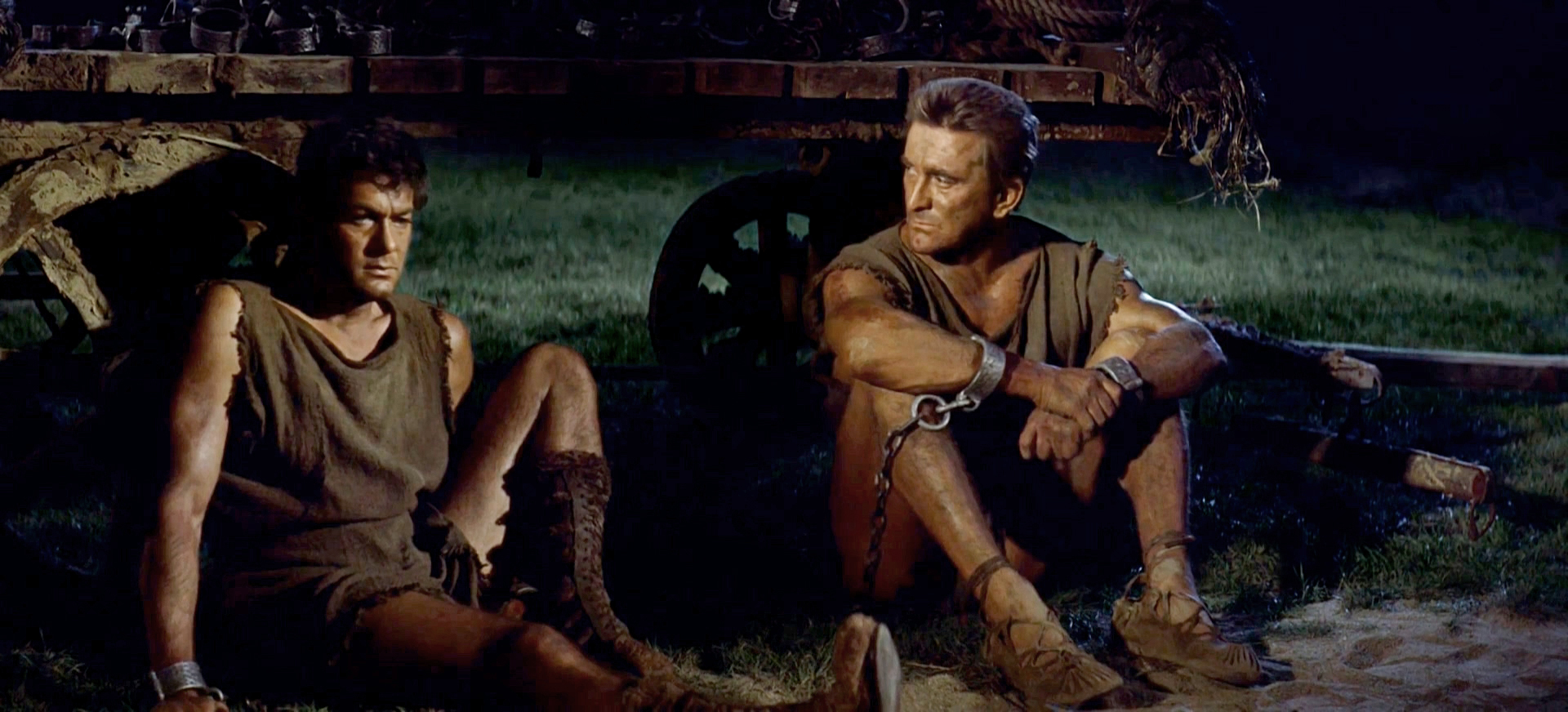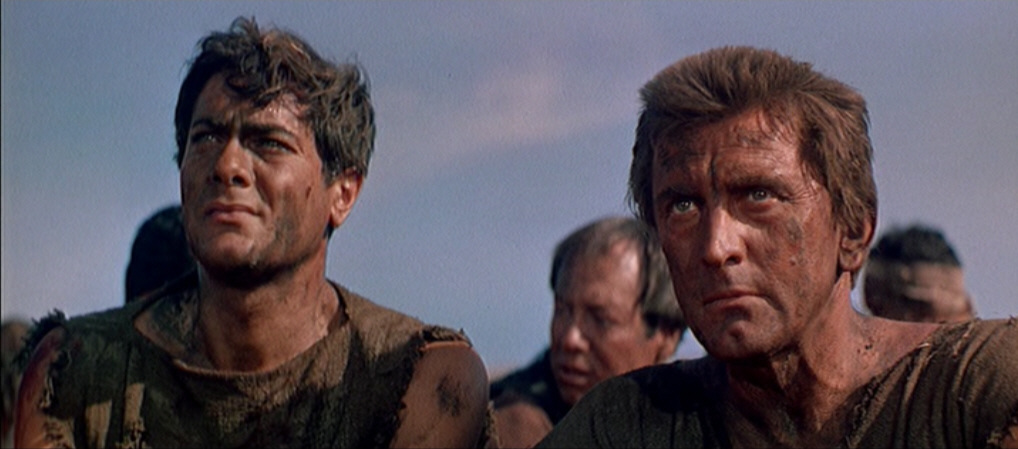‘Spartacus’ is an adventure drama film that centers around Spartacus, a Thracian slave in the Roman Empire in the first century BC. The Roman Empire is the very picture of decadence and corruption, where any and all menial tasks are delegated to slaves captured in the various campaigns of the Roman Legion. The slaves have no rights to speak of and are often killed on the whim of their masters. But the worst is faced by the slaves who fight in gladiatorial matches to the death for the entertainment of the Roman oligarchy and other upper-class citizens.
The best of these fierce warriors is Spartacus, who leads a revolt against the Roman Empire. Directed by Stanley Kubrick, the 1960 film features Kirk Douglas, Laurence Olivier, Peter Ustinov, John Gavin, Jean Simmons, Charles Laughton, and Tony Curtis. ‘Spartacus’ won four Academy Awards, one of which was for best cinematography. But is the story narrated in this Oscar-winning historical epic indeed related to history? Let’s dive in together and find out!
Spartacus is Based on Howard Fast’s Novel
No, ‘Spartacus’ is not a true story. The film, penned by Dalton Trumbo, is based on the eponymous novel written by Howard Fast. The book, in turn, is a fictionalized version of the known historical account of Spartacus and his revolt against the Romans. Where the story and history heavily deviate is how Spartacus and his fellow gladiators cooked up the plot for the revolt and why. Much of what is known about the slave rebellion comes from the writings of Plutarch, a Greek philosopher, and several other records – many of which are quite contradictory to each other.

The author self-published the first edition of the book in 1951, during the McCarthy era when no publishing house was willing to go near the story – as mentioned on the last page of the first edition prints. Howard apparently was inspired to write a novel on Spartacus when he was imprisoned for some time for contempt of Congress for refusing to reveal the names of those whom he knew to be in favor of Communism in front of the House Un-American Affairs Committee.
“This set me to thinking a great deal about prison, and when I was released, I began a very intense study of ancient slavery and imprisonment, particularly with a set of books called ‘The Ancient Lowly…,’” Fast said in an interview. “…All my life I have always been intensely interested in the struggles of the poor and of working people against their oppressors. And the fact that Spartacus put together an army of slaves that almost destroyed Rome intrigued me — his name seemed to me symbolic of all the revolts of that kind through history. And of course, the name survives today.”
In a way, the making of ‘Spartacus’ itself is an allegory of rebelling against McCarthyism. Kirk Douglas, who portrayed the lead role in the film, also acted as the film’s executive producer. He went around collecting those who were the best at what they did – director Stanley Kubrick, cinematographer Russell Metty, and screenplay writer Dalton Trumbo.

Hiring Trumbo was an act of defiance on Douglas’ part, as the former had been imprisoned for eleven months due to his alleged ties to the Communist Party and was thus blacklisted as a writer in Hollywood. It was his script for ‘Spartacus’ that ended the blacklisting when Kirk Douglas decided to reveal to the world that Trumbo was the one behind the adaptation of the novel. “I would say ‘Spartacus’ is one of my favorite roles,” said the late Kirk Douglas.
He added, “Any actor is gratified if he has made a picture that endures.” And endure it certainly has. Though a fictional piece of work, ‘Spartacus’ nonetheless gives the viewers a glimpse into the history of possibly the first-ever recorded revolt against tyranny. The wide panoramic shots in the film add to the epicness of this historical epic, making each scene that shows the might of the slave army Spartacus leads into a beautiful painting.


You must be logged in to post a comment.